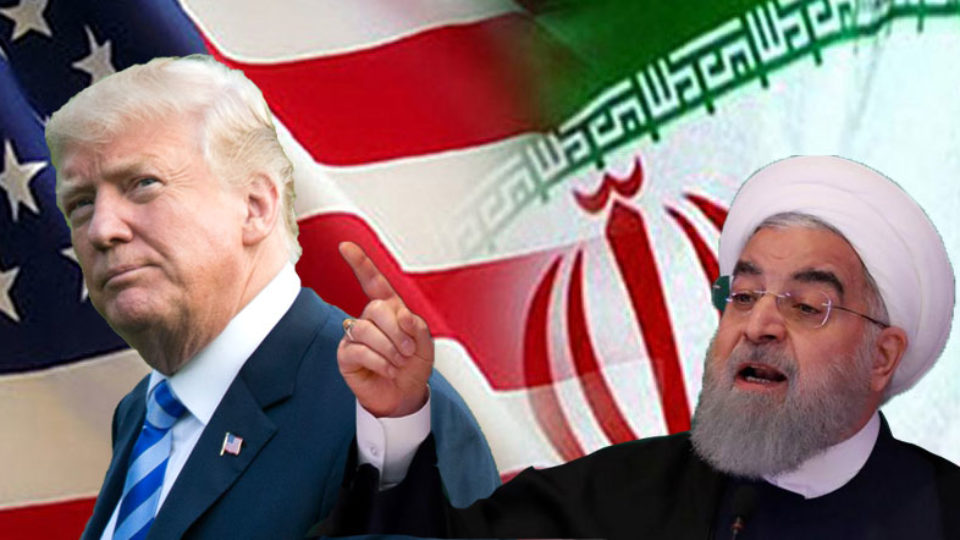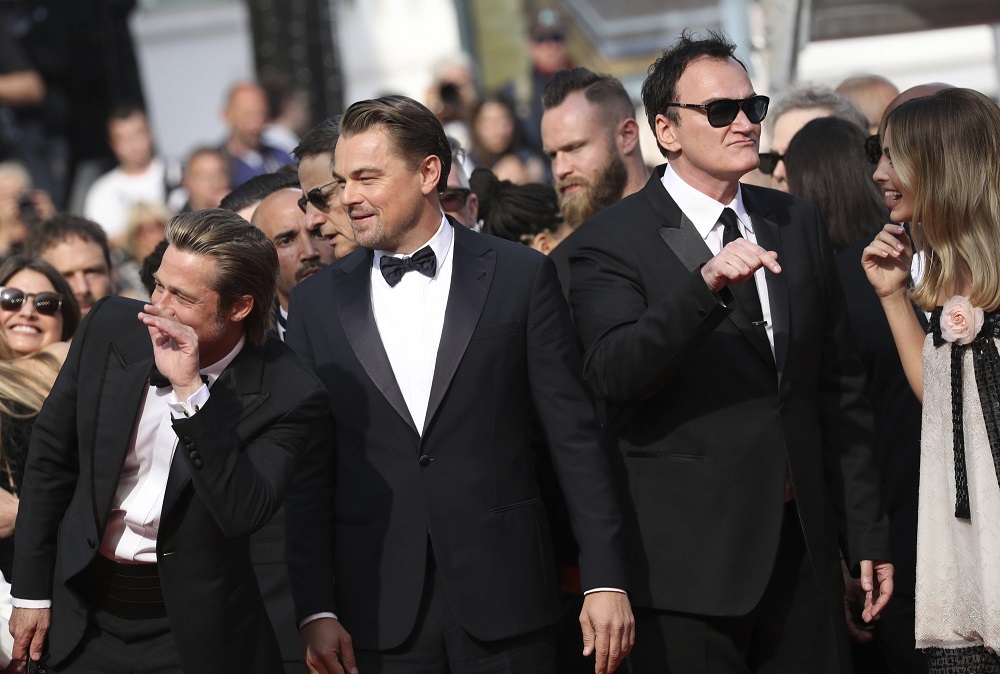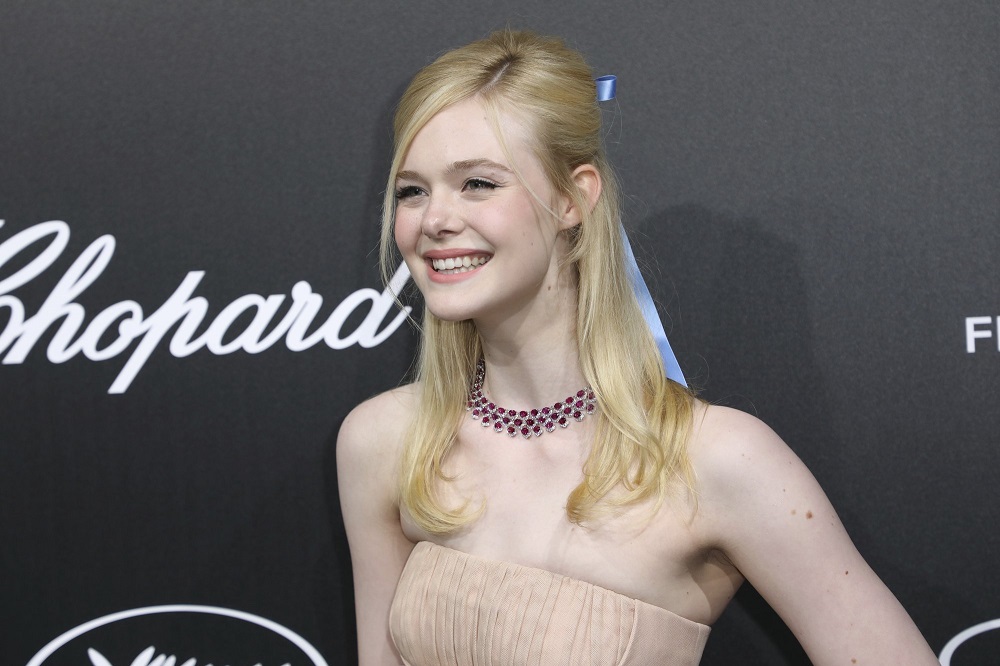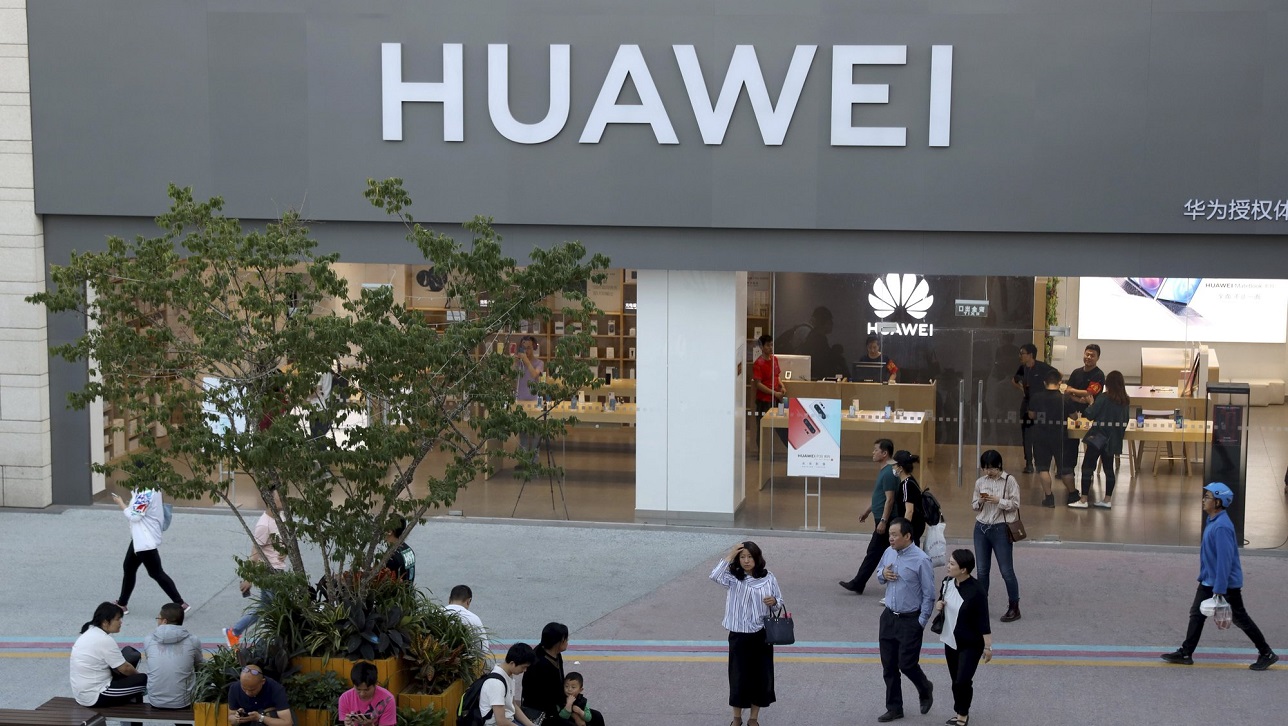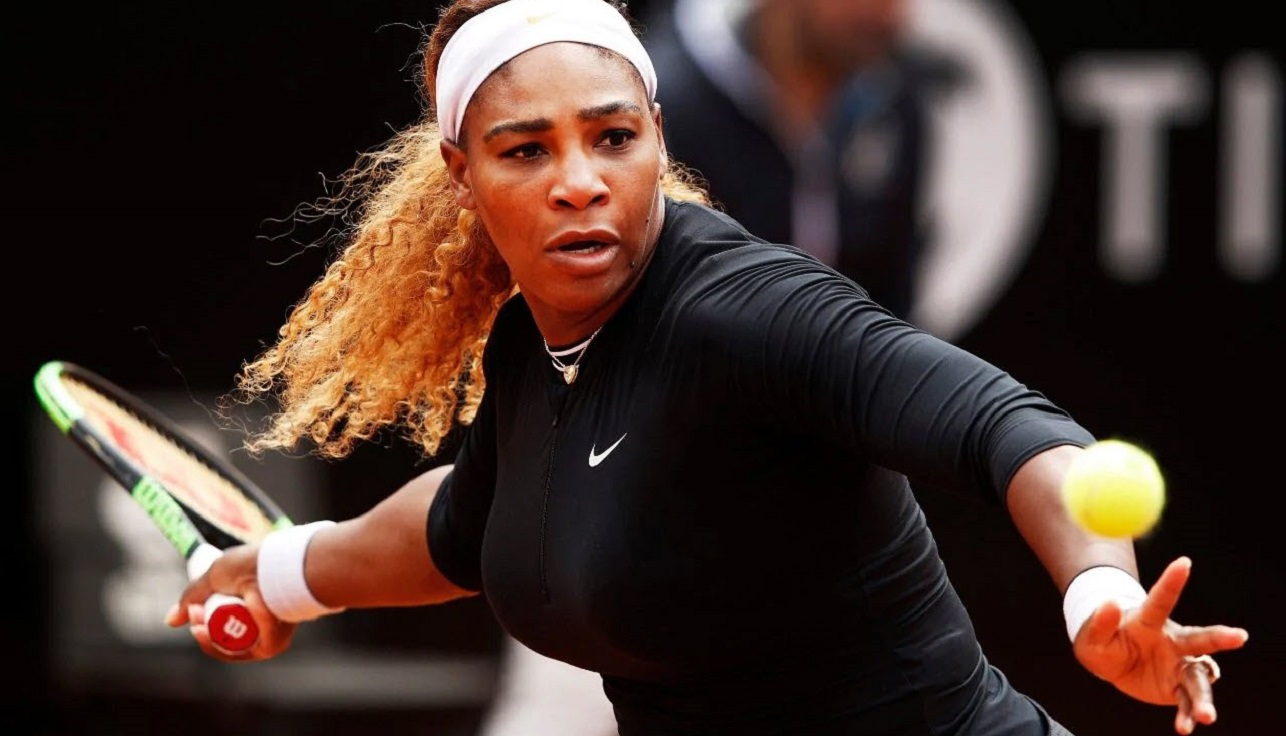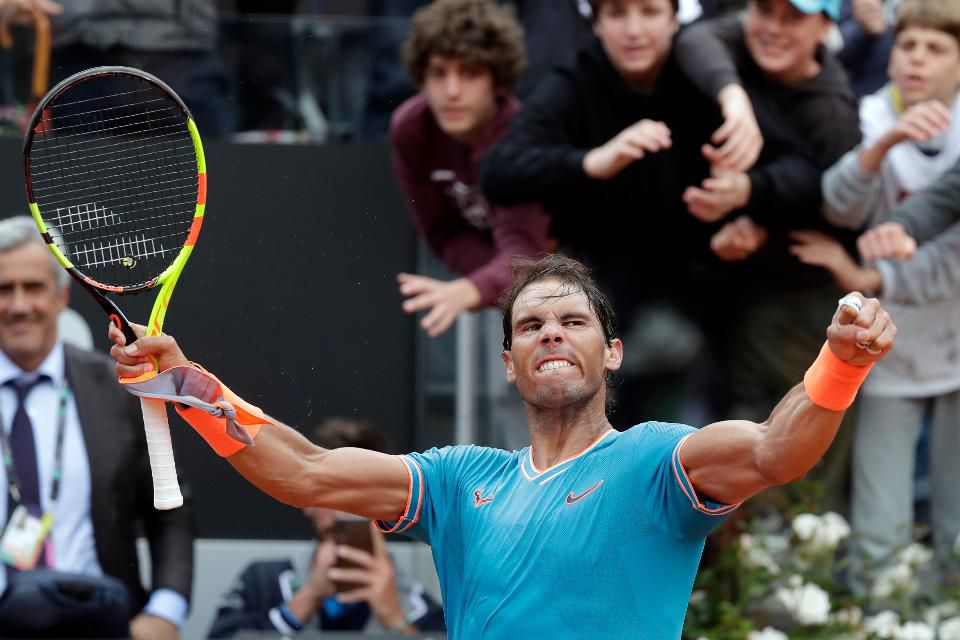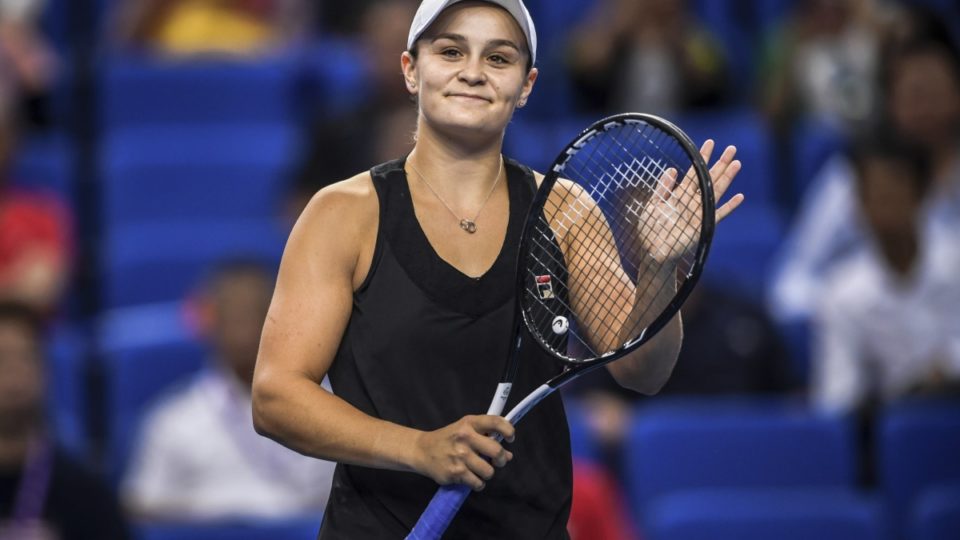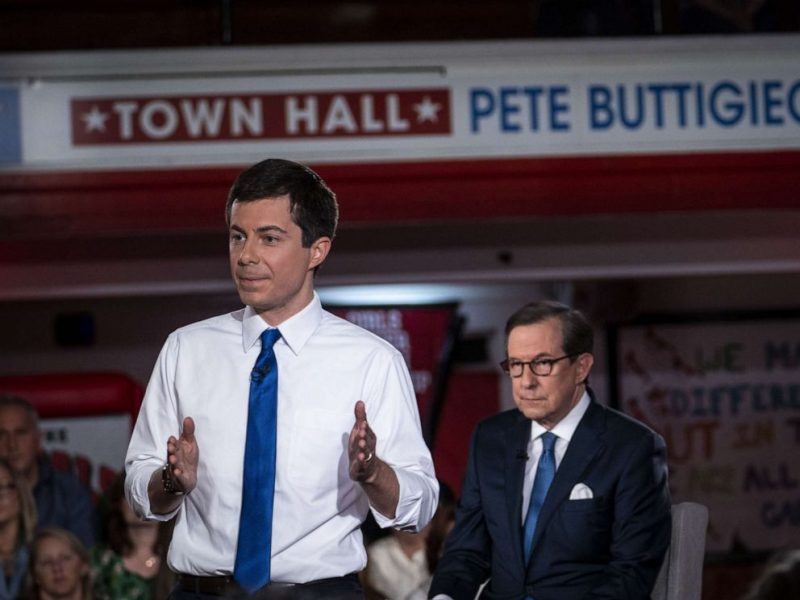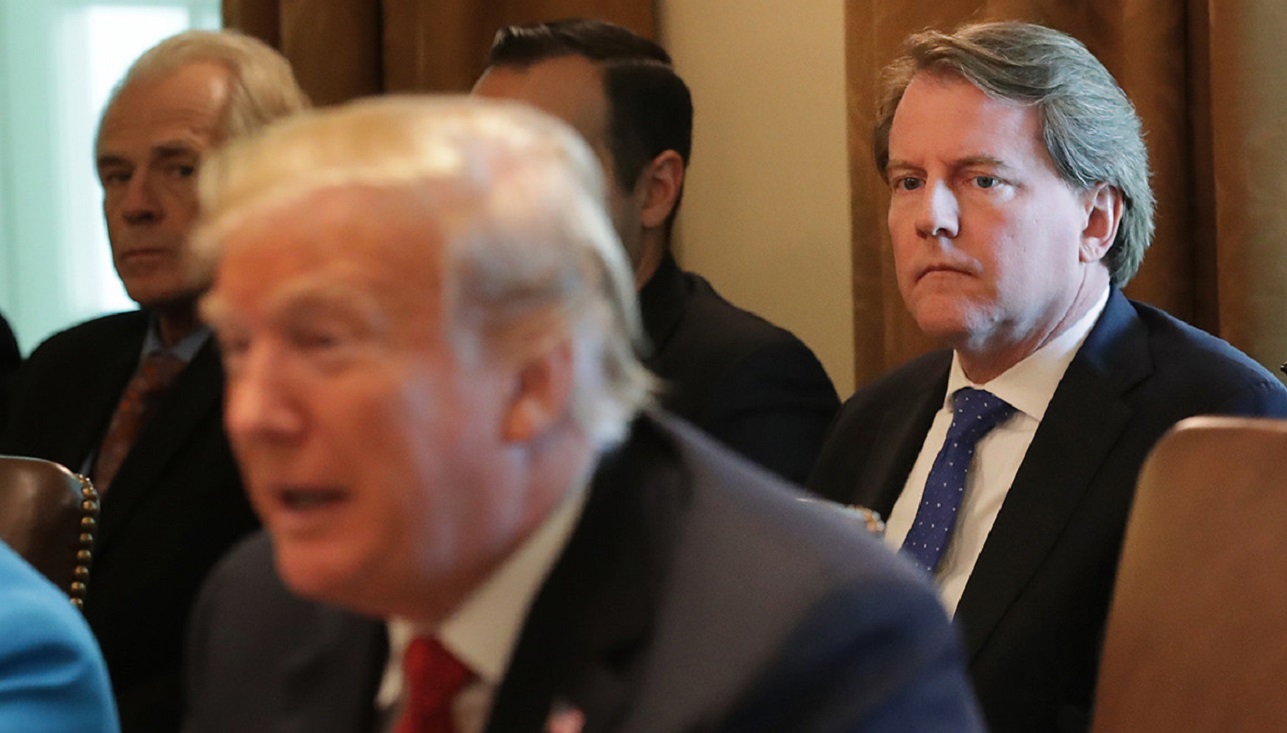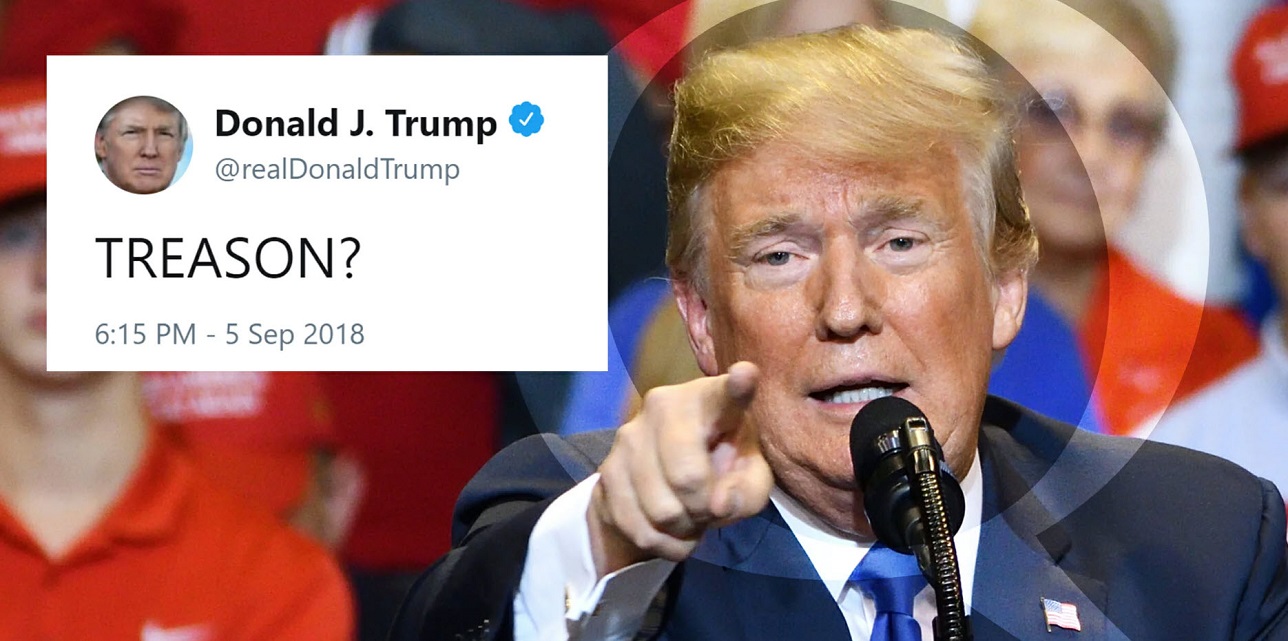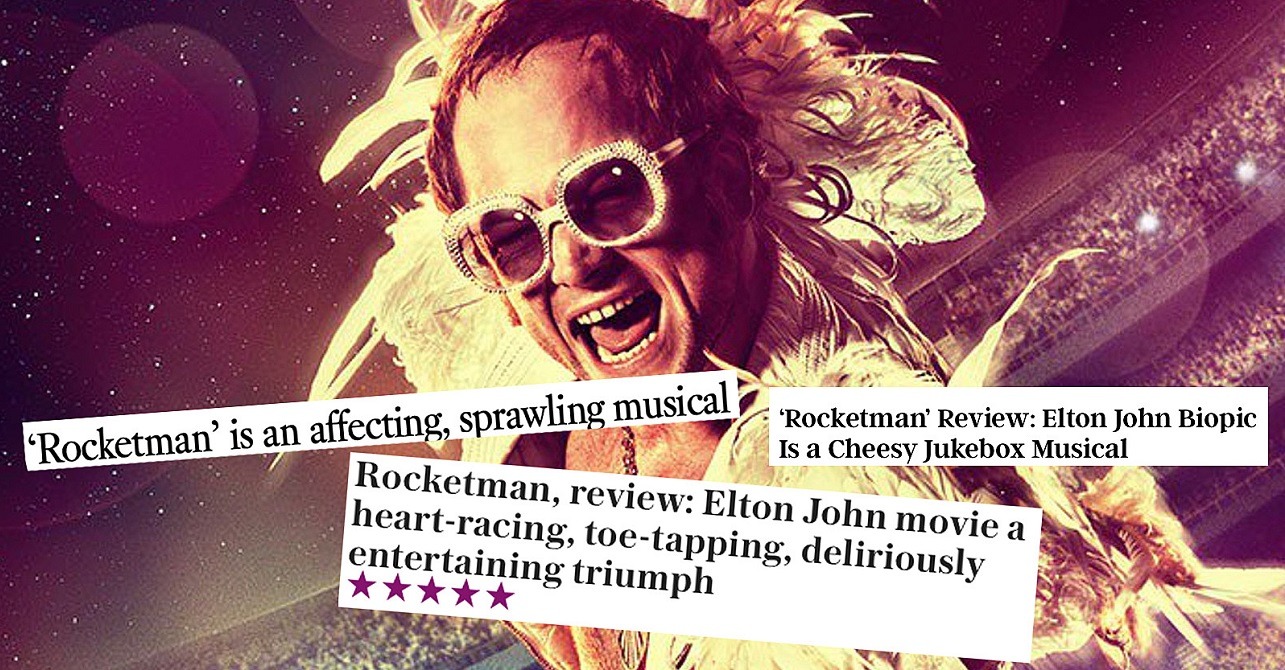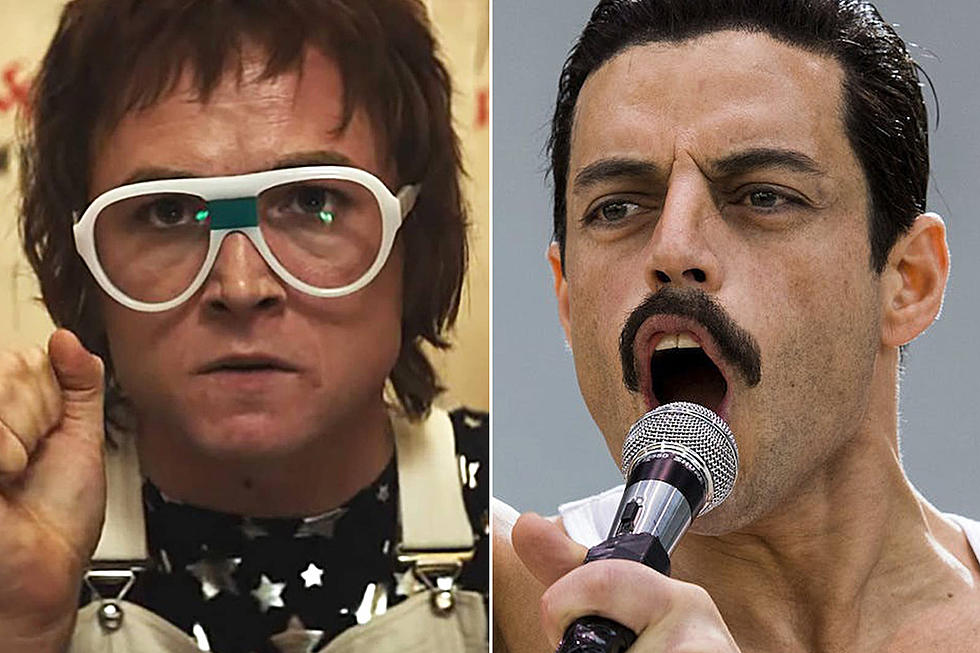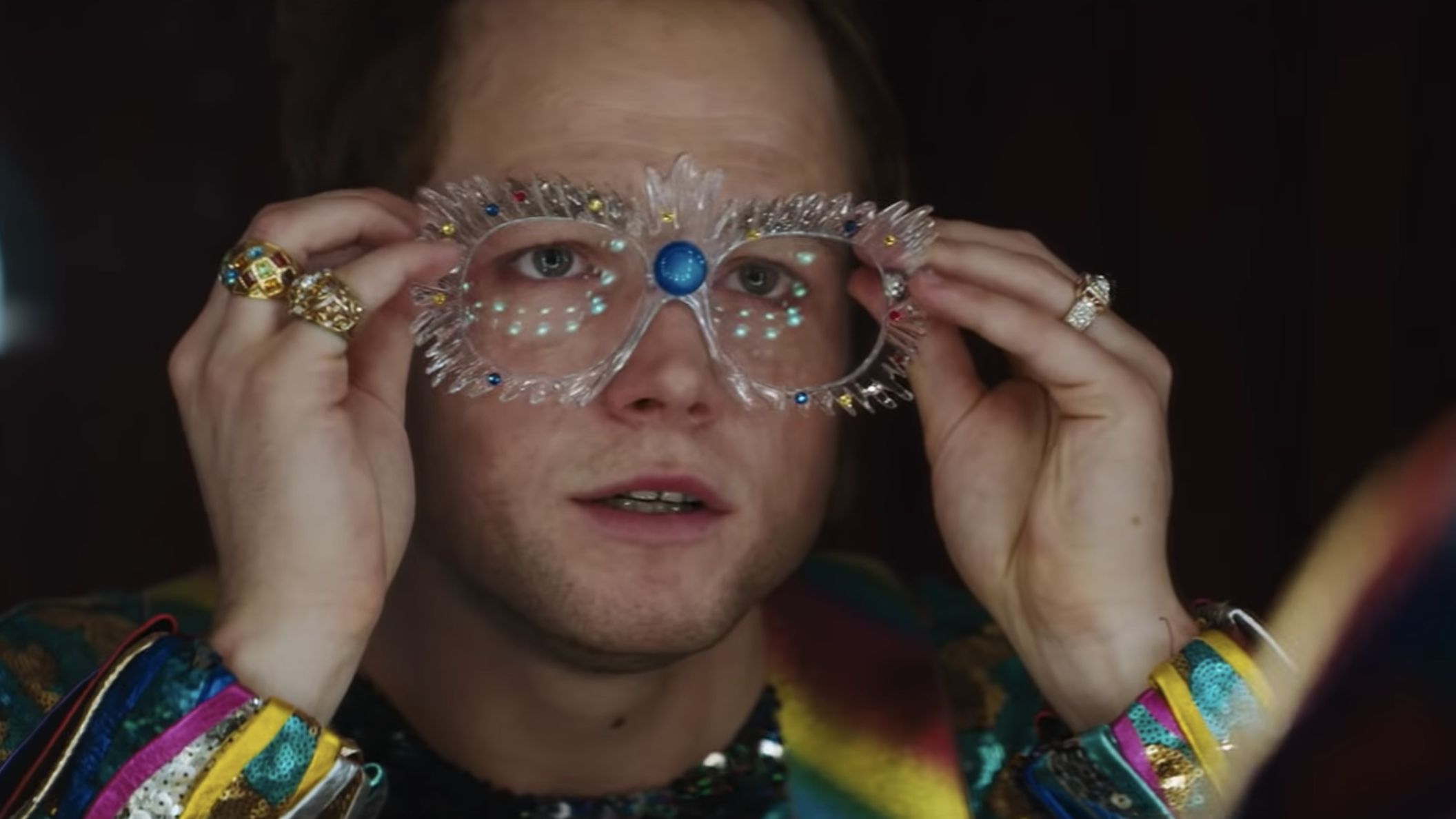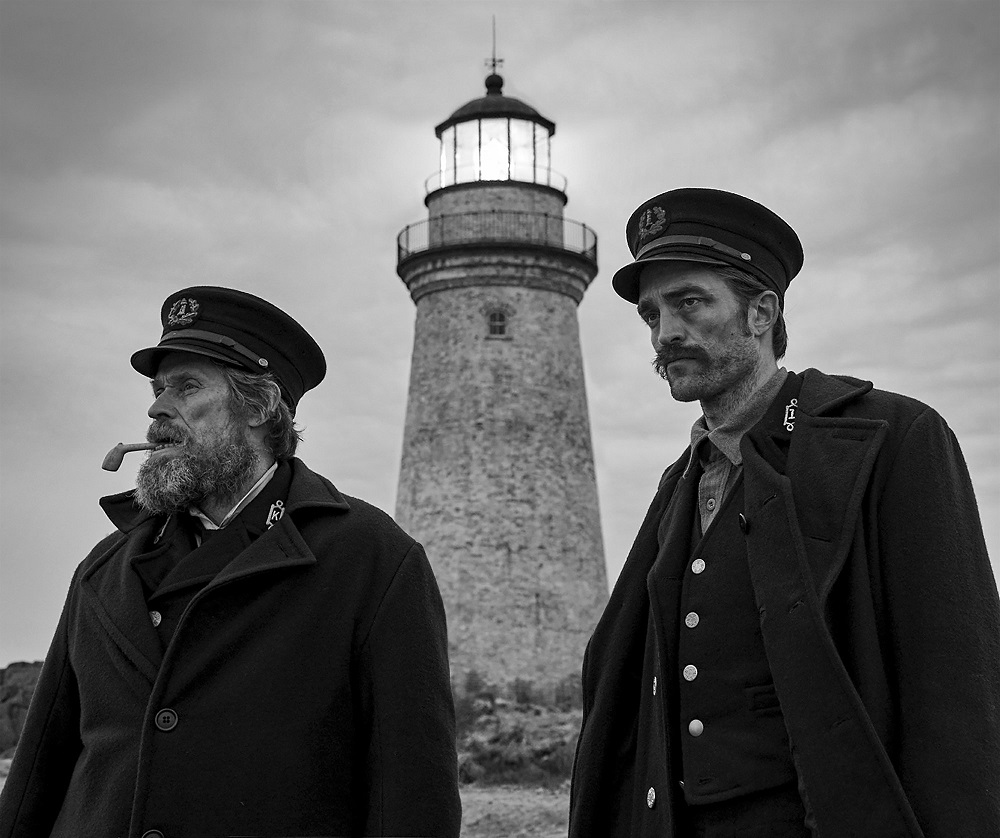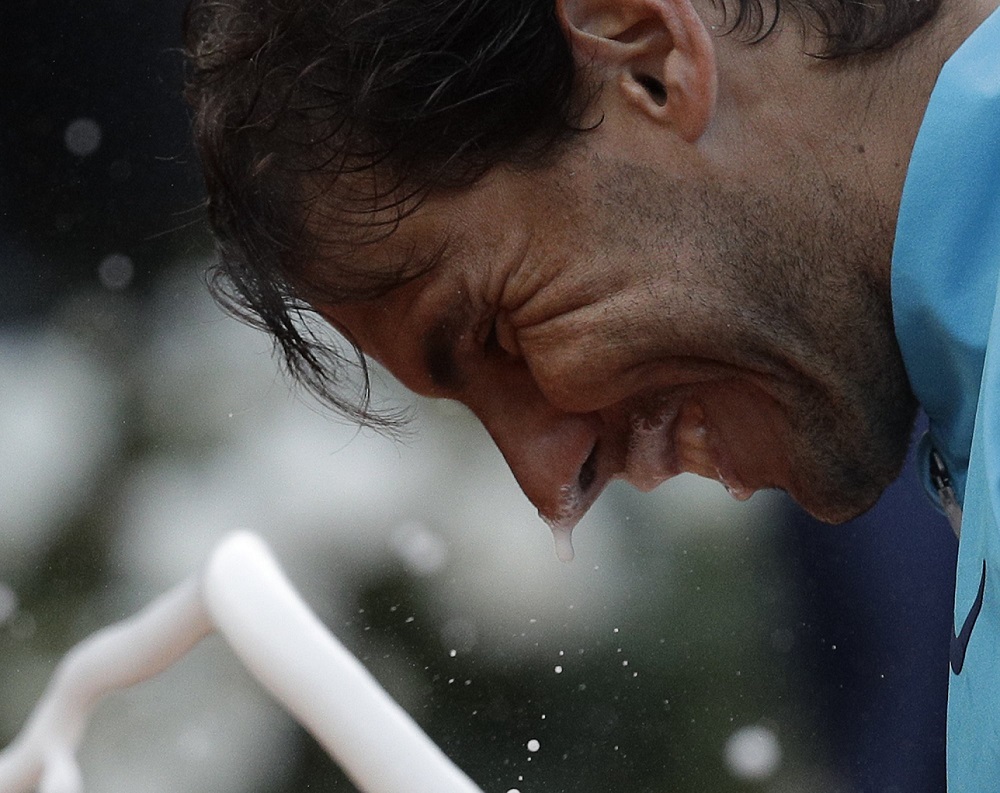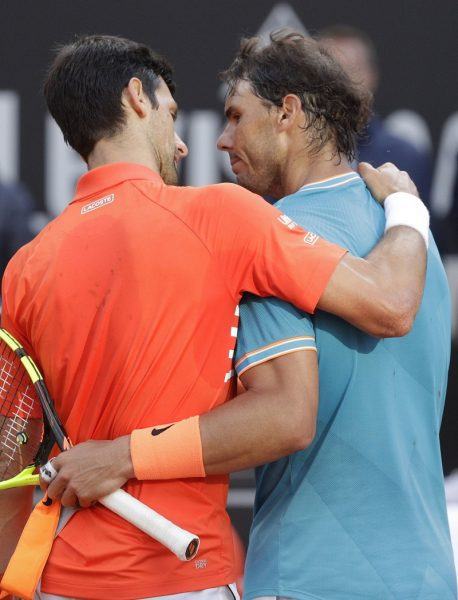After Donald Trump pulled $1 billion from California, it’s not surprising that they’ve now sued him for that action while Congress met with officials to discuss Iran war fears.
California sued Tuesday to block the Trump administration from cancelling nearly $1 billion for the state’s high-speed rail project, escalating the state’s feud with the federal government.
The Federal Railroad Administration announced last week it would not give California the money awarded by Congress nearly a decade ago, arguing that the state has not made enough progress on the project.
The state must complete construction on a segment of track in the Central Valley agricultural heartland by 2022 to keep the money, and the administration has argued the state cannot meet that deadline and has failed to show adequate progress. That line of track would be the first built on what the state hopes will eventually become a 520-mile (837-kilometer) line.
But Democratic Gov. Gavin Newsom says the move is retribution for California’s criticism of President Donald Trump’s immigration policies.
“The decision was precipitated by President Trump’s overt hostility to California, its challenge to his border wall initiatives, and what he called the “green disaster” high-speed rail project,” the state said in the lawsuit.
The lawsuit further faulted the Trump administration for halting cooperation with the state on granting environmental clearances for the project. It said terminating the funding would “wreak significant economic damage on the Central Valley and the state.”
Newsom told reporters the administration is “after us in every way, shape or form.” But he expressed confidence the state will win in court.
“Principles and values tend to win out over short-term tweets,” Newsom said.
The lawsuit highlighted a series of tweets Trump sent about the project, including one that said California’s rail project would be far more expensive than Trump’s proposed border wall.
That tweet came a day after California led 15 states in suing over Trump’s plans to fund the border wall, and hours before the administration first threatened to revoke the rail funding.
The Federal Railroad Administration did not immediately respond to an email message seeking comment about California’s lawsuit.
California has worked for more than a decade on the project to bring high-speed rail service between Los Angeles and San Francisco, but the project has been plagued by delays and cost overruns. It’s now projected to cost around $77 billion and be finished by 2033.
The $929 million the Trump administration wants to cancel is a key source of funding for a Central Valley track segment expected to cost about $12 billion.
California was not expected to tap that funding until 2021. If the lawsuit is not resolved before then, the election could put Democrats in the White House and Congress who may be friendlier to the project.
The state has already spent $2.5 billion in federal funding, and the Trump administration is exploring whether it can try to get that money back.
The lawsuit also asks the court to block the administration from awarding the money to any other project.
The lawsuit was filed in the Northern District of California.
Trump Team Tells Congress They’re Preventing War
Tamping down talk of war, top Trump administration officials told Congress on Tuesday that recent actions by the U.S. deterred attacks on American forces. But some lawmakers remained deeplyskeptical of the White House approach in the Middle East.
After a day of closed-door briefings on Capitol Hill, Secretary of State Mike Pompeo and Acting Defense Secretary Patrick Shanahan said their objective over recent days has been to deter Iran. Now they want to prevent further escalation, Shanahan said.
“We’re not about going to war,” Shanahan told reporters.
“Our biggest focus at this point is to prevent Iranian miscalculation,” said Shanahan, flanked by Pompeo, after back-to-back briefings for the House and Senate. “We do not want the situation to escalate.”
The officials arrived on Capitol Hill as questions mounted over President Donald Trump’s tough talk on Iran and sudden policy shifts in the region. Skeptical Democrats sought out a second opinion, holding their own briefing with former Obama administration officials, former CIA Director John Brennan and Wendy Sherman, an architect of the Iran nuclear deal.
The competing closed-door sessions Tuesday came after weeks of escalating tensions that raised alarms over a possible military confrontation with Iran.
Trump, veering between bombast and conciliation in his quest to contain Iran, threatened Monday to meet provocations by Iran with “great force,” but he also said he’s willing to negotiate.
The results of the meetings Tuesday were mixed, with views settling largely along partisan lines.
Sen. Mitt Romney, R-Utah, said the action taken by the Trump administration “is totally appropriate” and sends a message that “if you attack our people, there will be a response.”
Romney characterized it as defensive in nature and meant to deter Iran from “malign” actions.
Democratic Rep. Ruben Gallego, a veteran of the Iraq War, left the classified House briefing, saying: “What I heard in there makes it clear that this administration feels that they do not have to come back and talk to Congress in regards to any action they do in Iran.”
Democrats are particularly concerned the Trump administration may try to rely on nearly 20-year-old war authorizations rather than seek fresh approval from Congress for any action.
Senate Minority Leader Chuck Schumer said he told Pompeo and the others their consultation with Congress has been “inadequate.” Shananan said he and the others heard that message and vowed to better communicate with lawmakers and the public.
In recent weeks, the U.S. sent an aircraft carrier strike group, four bomber aircraft and other assets to the region, and is moving a Patriot missile battery to an undisclosed country in the area. The Trump administration has evacuated nonessential personnel from Iraq, amid unspecified threats the administration says are linked to Iran.
Shanahan said the recent U.S. actions in the region were based on “credible threats” to U.S. forces and interests in the Middle East.
“We have deterred attacks based on our repositioning of assets, deterred attacks against American forces,” he said.
Pompeo said he tried to put the Iran situation in the country’s 40-year history of “malign” actions.
Pompeo, a former congressman, has become somewhat of a polarizing figure on Capitol Hill, and some lawmakers left the meeting saying he was lecturing and arrogant.
Democratic Rep. Adam Smith of Washington, the chairman of the Armed Services Committee, said he interjected at one point during the briefing: “We know Iran is bad, OK? What is the policy going forward? There wasn’t enough information on that.”
Smith said Pompeo was asked why it took so long to brief Congress. The congressman said the secretary’s answer was, “We were busy.” He said it was not an acceptable answer.
Earlier, Brennan told House Democrats that while Tehran wants to avoid conflict, the country’s leadership will not capitulate to Trump. Sherman warned that reckless behavior by the Trump administration in Iran is hurting the U.S.’s credibility and undermining moderates in the country. Their comments were conveyed by a person in the room who was not authorized to discuss the private meeting by name.
Top Democrats say Trump escalated problems by abruptly withdrawing the U.S. from the Iran nuclear deal, a complex accord negotiated during the Obama administration to prevent Iran from nuclear weapons production.
“I have yet to see any exhibited strategy,” said Democratic Rep. Abigail Spanberger of Virginia, a former CIA officer. She said she finds many of the administration’s recent statements on Iran to be “deeply troubling.”
Rep. Adam Schiff, D-Calif., the chairman of the House intelligence committee, said, “What I’m interested in more right now is what the administration’s strategy is — if they have one — to keep us out of war.”
Republicans and Trump’s allies in Congress said the threats from Iran are real. Sen. Marco Rubio, R-Fla., suggested lawmakers who say otherwise are doing so for political reasons. GOP Sen. Lindsey Graham of South Carolina urged Trump to “stand firm.”
The U.S. military appears to have concluded that Iran was behind the reported attack May 12 on four commercial vessels off the coast of the United Arab Emirates. A U.S. official said Monday a probe into the attack was finished and evidence still pointed at Iran, although the official did not provide details. The official was not authorized to publicly discuss the matter and so spoke on condition of anonymity.
On Sunday, a rocket landed near the U.S. Embassy in the Green Zone of Iraq’s capital of Baghdad, days after nonessential U.S. staff were ordered to evacuate from diplomatic posts in the country. No one was reported injured.
Defense officials said no additional Iranian threats or incidents had emerged in the days since the USS Abraham Lincoln carrier battle group arrived in the Arabian Sea late last week.
Iran, meanwhile, announced that it has quadrupled its uranium-enrichment production capacity. Officials said it remains set to the limits of a 2015 nuclear deal with world powers, making it usable for a power plant but far below what’s needed for an atomic weapon.
Tehran long has insisted it does not seek nuclear weapons, though the West fears its program could allow it to build them.



